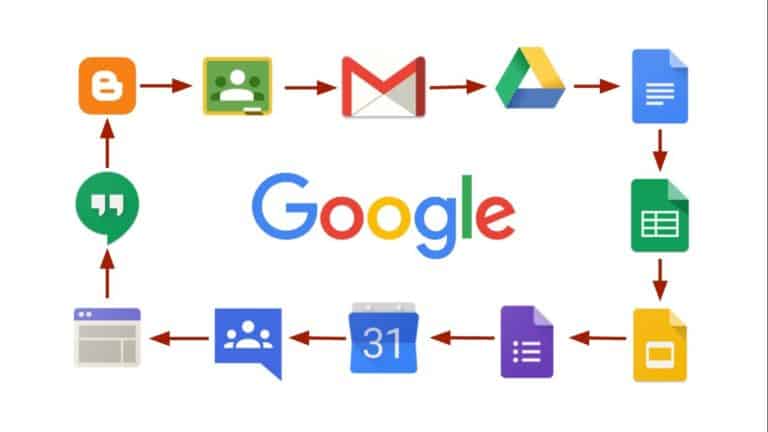Google will make it possible for system administrators working with G Suite to give users extra security. The system administrators can decide for themselves for whom this is needed. The measure is aimed at users who are more at risk of being hacked, for example high-ranking workers.
Google makes this possible by making the Advanced Protection Program available to all Enterprise users, reports Tweakers.
The Advanced Protection Program was released in October 2017 and was aimed at corporate executives, politicians and other individuals who face high security demands. The programme aims to improve the protection of users against cyber-attacks and politically motivated hacks.
It was already possible for individual users to register for the program. However, they had to do this themselves. With the update, system administrators at the organisation level can take care of the security and choose who they want to add.
Titan Security Key
The program comes with various functions, such as physical security keys to secure accounts. This could be the Titan Security Key from Google itself, or a Yubikey.
Google’s own security key is now also available in Canada, France, Japan and the United Kingdom, Google announced at the same time as the new features. The Internet giant recommends setting up two security keys. One key is for the user himself, the other for the system administrator.
Another function is to block access to Gmail and Google Drive by external apps. For example, system administrators may consider third party email clients to be trusted for use by employees. If a client is not approved, access to Gmail via that client is blocked. System administrators also have more advanced phishing and malware scanning capabilities for emails and attachments. This function is also available to other participants in the programme.
Availability
Google makes the Advanced Protection Program available to administrators of G Suite and the Google Cloud Platform. The program is also available to Cloud Identity customers.
This news article was automatically translated from Dutch to give Techzine.eu a head start. All news articles after September 1, 2019 are written in native English and NOT translated. All our background stories are written in native English as well. For more information read our launch article.